Why is My Personal Loan Application Getting Rejected?
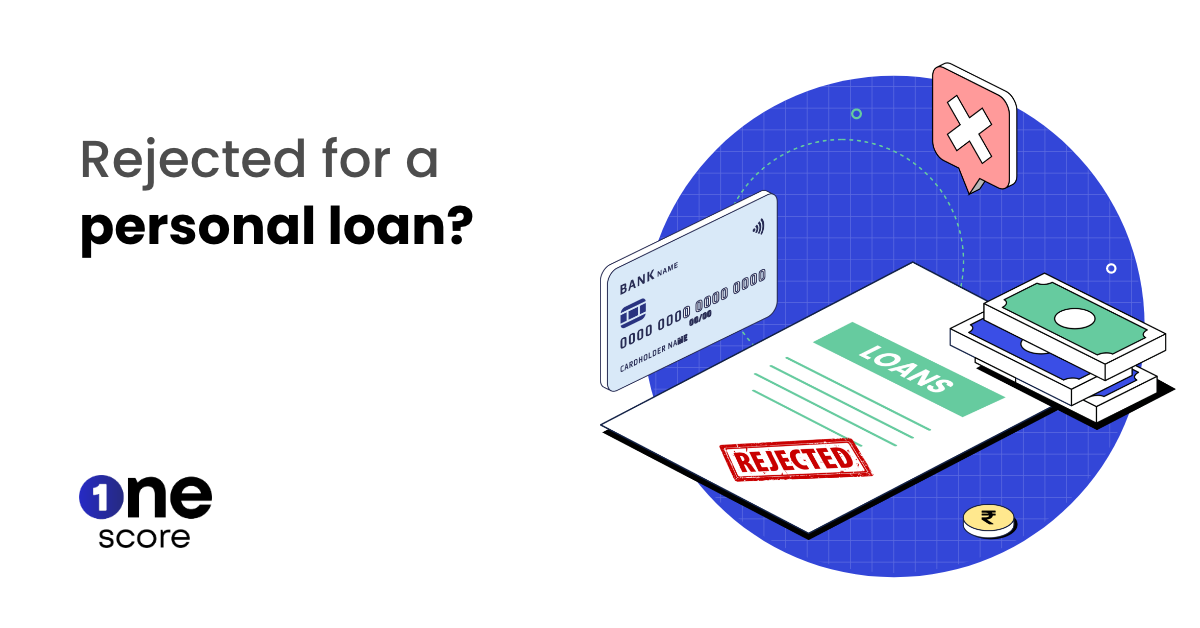
A personal loan is one of the most popular forms of loan as it doesn’t need collateral and the terms of the loan are also quite flexible. It has also become much easier to fill out an online loan application and get instant approval. However, you must meet the eligibility criteria to get your loan application approved without much hassle. Otherwise, you can get rejected for your loan application just as easily. Especially when you apply for multiple loans, too many hard inquiries can hamper your credit score.
Here are the top reasons why your personal loan application might be getting rejected.
1. Low Credit Score
A low credit score is the most common reason for rejections when it comes to personal loan. Lenders consider your credit score to be an indicator of your creditworthiness when reviewing loan applications. A low credit score may create an impression that you have a history of late or missed payments, high credit card balances, or other financial issues that make you a high-risk borrower. To avoid the chances of default, the lender may reject your loan application altogether.
Also read: Are you creditworthy? Let’s check.
2. Insufficient Income
As there is no collateral involved, lenders have to ensure that you have sufficient income to cover the EMIs before approving your loan application. While some lenders have minimum salary criteria, most look at your debt-to-income (DTI) ratio to determine your eligibility. The lower the DTI ratio, the better your chances of getting approved for this loan.
3. Incomplete Application
Even the smallest of errors in your personal loan application form can lead to the rejection of your loan. Similarly, incomplete information on your loan application can raise red flags for lenders. Your creditworthiness is dependent on several factors like your credit score, personal details, income information, employment history, or financial statements. If the lender finds any inconsistencies or discrepancies in these details, it can result in the rejection of your loan application.
4. Lack of documentation
Submitting incomplete paperwork can delay the loan processing and jeopardize your loan application. Lenders assess your financial situation through factors including income, assets, and debts, to evaluate your ability to repay the loan. Failure to provide necessary documents or any supporting paperwork can lead to loan rejection.
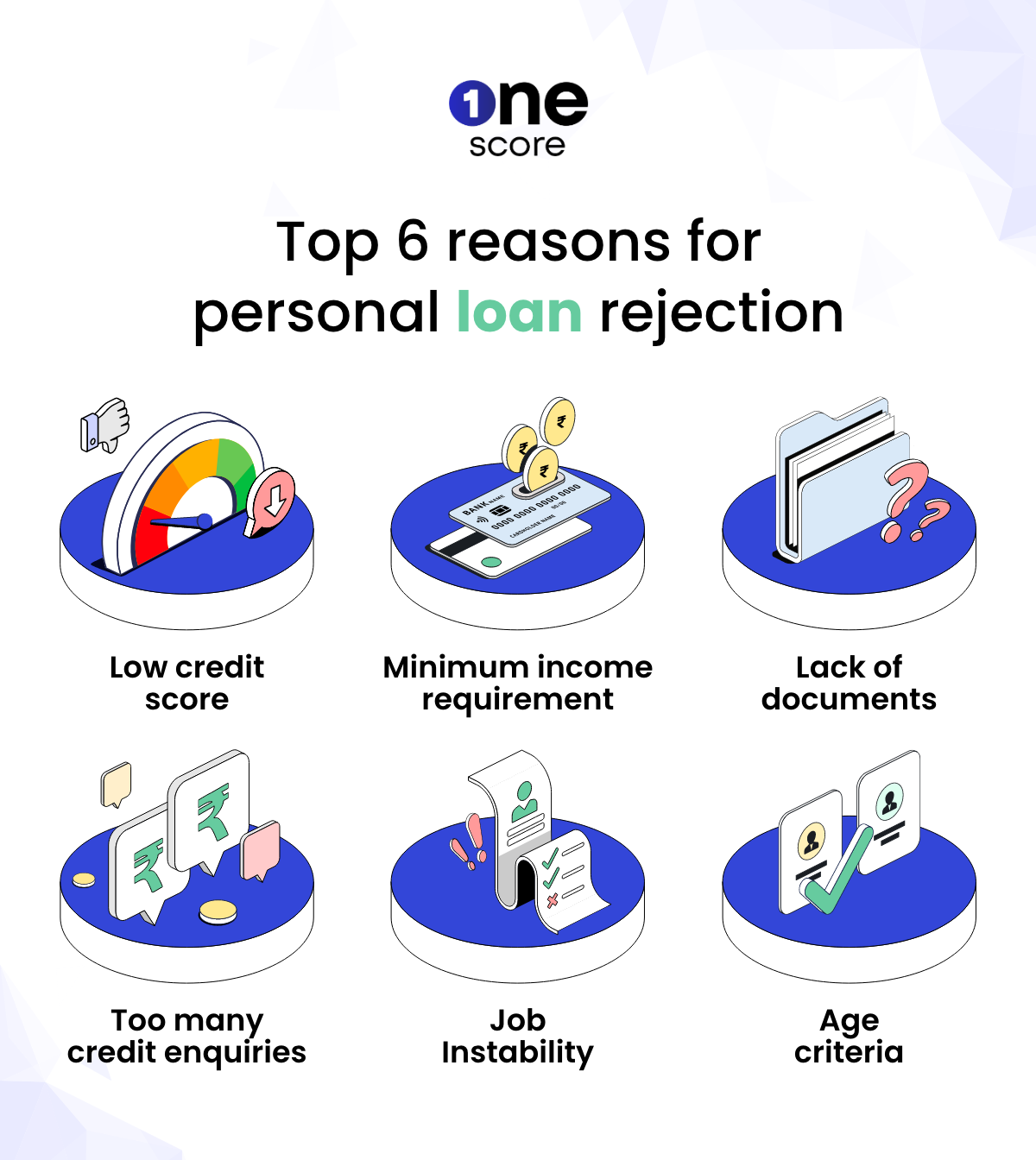
5. Too Many Recent Credit Applications
Applying for multiple loans or credit cards in a short period can make you appear credit-hungry. It can indicate that you are in a financial crisis and are seeking credit to cover your expenses. This can be a red flag for lenders, and they may reject your loan application as a result.
6. Job Instability
Lenders prefer borrowers who have a stable and reliable income. If you have a history of changing jobs often, being unemployed for a long period, or having an irregular income, the lender may question your ability to repay the loan. The lender may also hesitate to approve the loan if you work in a volatile industry or if you are on a probationary period at a new job. However, It's important to note that the specific criteria and policies vary among lenders, and not all lenders may have strict restrictions on job instability.
7. Age criteria
Lenders may hesitate to approve loans for individuals nearing retirement age or already retired because they may have a limited income and a shorter timeframe to repay the loan. They want to make sure borrowers can keep up with the loan payments until it's fully repaid.
But not all lenders have strict age restrictions, and the rules can vary depending on where you live and the type of loan you're applying for.
Also read: 5 common loan application mistakes
How to improve your chances of personal loan approval
There are several reasons why your loan application may be getting rejected. To improve your chances of loan approval:
- Track & improve your credit score on OneScore
- Check the eligibility criteria before applying
- Ensure you have a stable income
- Make sure your application is complete and accurate
- Avoid applying for too much credit at once
FAQs
1. How to find out why my personal loan application got rejected?
Lenders send an adverse action notice which enlists the reason(s) behind the rejection within 30 days of rejecting an application. You can understand the reasons behind the rejection and work on that factor before the next application.
2. Can I apply for a loan after rejection?
Yes, you can. However, consider waiting for at least 6 months before applying for a loan again. Identify the factors that led to the rejection and try to improve it before the next application.
3. Does a personal loan rejection affect your credit score?
Yes, your credit score can get affected severely if your loan application gets rejected.
4. How to avoid getting rejected for a personal loan?
Maintain a good credit score (750 & above), keep the required documents handy, and ensure you don’t apply for too many credit products in a short time.
To stay in charge of your credit accounts, download OneScore.
**Disclaimer: The information provided on this webpage does not, and is not intended to, constitute any kind of advice; instead, all the information available here is for general informational purposes only. FPL Consumer Services Private Limited and the author shall not be responsible for any direct/indirect/damages/loss incurred by the reader in making any decision based on the contents and information. Please consult your advisor before making any decision.
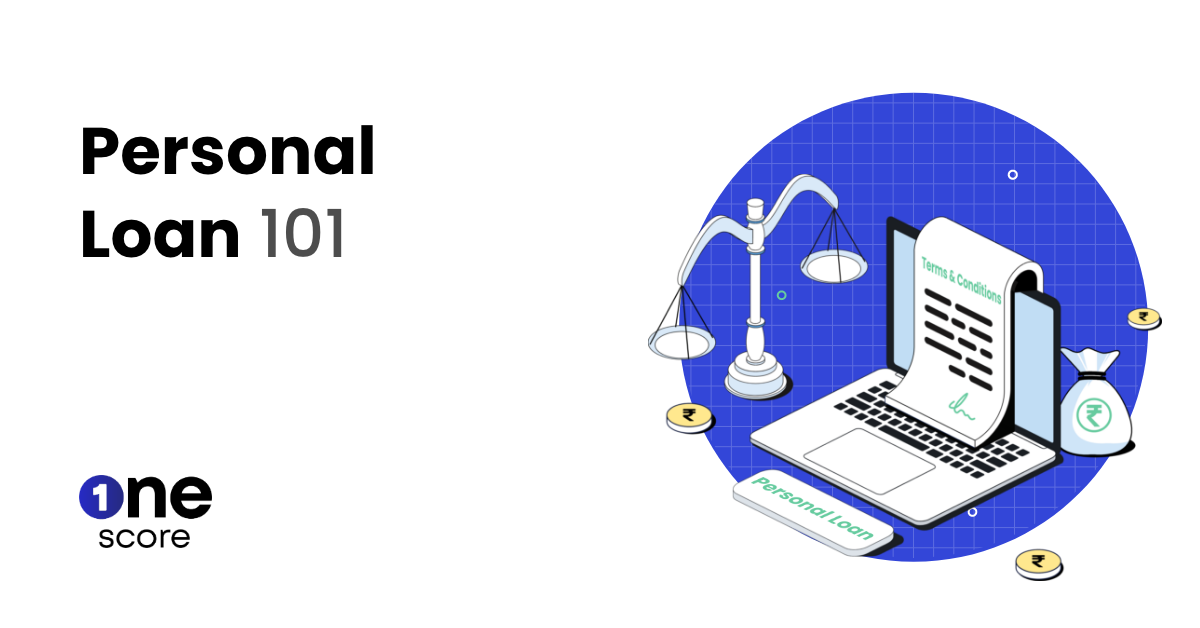
Personal Loan Glossary: Loan Terms & Conditions you must know of
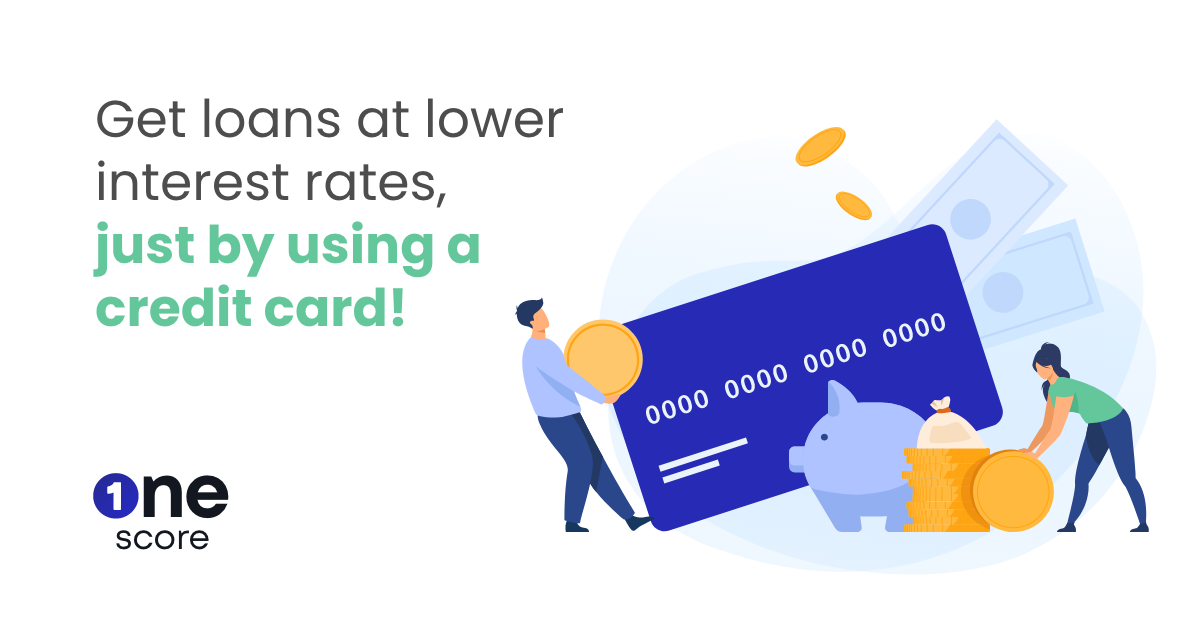
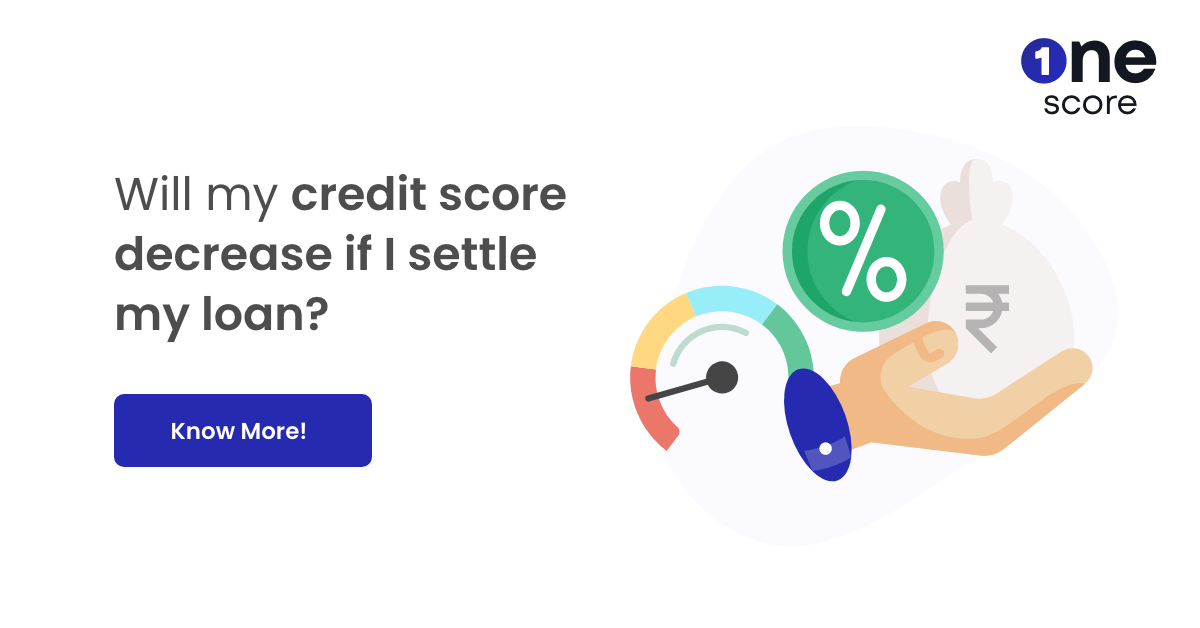
- OneScore , June 06, 2023

